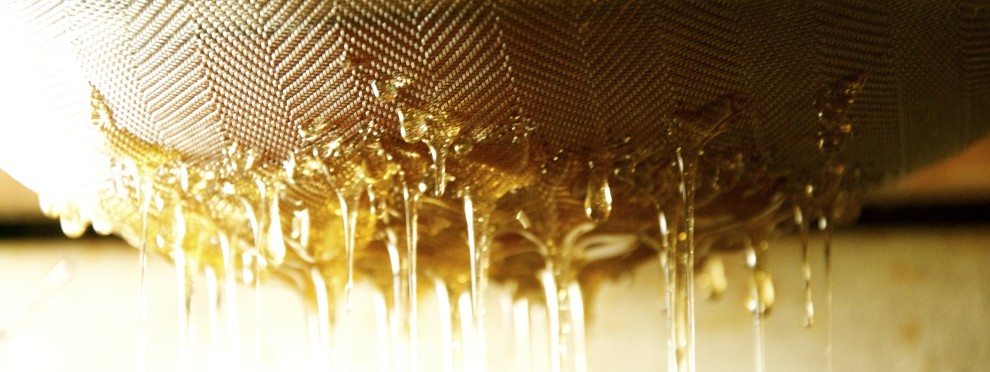Q – Attempted Treatment Free management on half the colonies, lost most of the TF colonies. 245 in fall, 130 in spring = 47% loss
A – Here is the information for the research. This was TF study form Sweden – it took 5 years – with heavy looses each year until there was (and it is continuing) better survival without treatment for varroa mites: Abstract (Of Bond Method study): An isolated honey bee population (N = 150) was established on the southern tip of Gotland, an island in the Baltic Sea. After infestation with 36 to 89 Varroa destructor mites per colony, they were unmanaged and allowed to swarm. For over six years colonies were monitored for swarming, winter losses, infestation rate in the fall, and bee population size in the spring. Winter mortality rate decreased from 76% and 57% in the third and fourth years, to 13% and 19% in the fifth and sixth years. Swarming rates increased from zero the third field season to 57.1% and 36.4% in the last two years. The mite infestation on adult bees decreased during the last two years, from 0.47% in the third year to 0.19% and 0.22% respectively. Our data suggest that a host-parasite co-adaptation has occurred ensuring survival of both the host and the parasite.Article in Apidologie 2006 by Fries, Imdorf and Rosenkrantz https://www.researchgate.net/publication/42384375_Survival_of_mite_infested_Varroa_destructor_honey_bee_Apis_mellifera_colonies_in_a_Nordic_climate
• NOTE A recent PLoS one paper (Dec 2018) by Srinivas, Locke, Granberg and de Miranda in their introduction stated this about the Gotland Bond method study bees: The Gotland mite-resistant honeybee population exhibits a number of relevant colony level mite-resistant traits, such as small colony size [29] and reduced mite reproductive success, that together limit the mite population growth relative to mite susceptible colonies [30,31], leading to considerably lower mite infestation rates, especially towards the end of the season [32].One of the more recent findings from this population was a tolerance to DWV, since colonies of the Gotland population survive with high DWV infection levels that are otherwise lethal to mite-susceptible honeybees [32]. Additionally, the Gotland mite-resistant honeybees appear to be resistant to other honeybee-infecting viruses such as Black queen cell virus (BQCV) and Sacbrood virus (SBV), which diminish by several orders of magnitude before the critical wintering phase of the honeybee life cycle https://journals.plos.org/plosone/article?id=10.1371/journal.pone.0206938 [numbers refer to citations]
